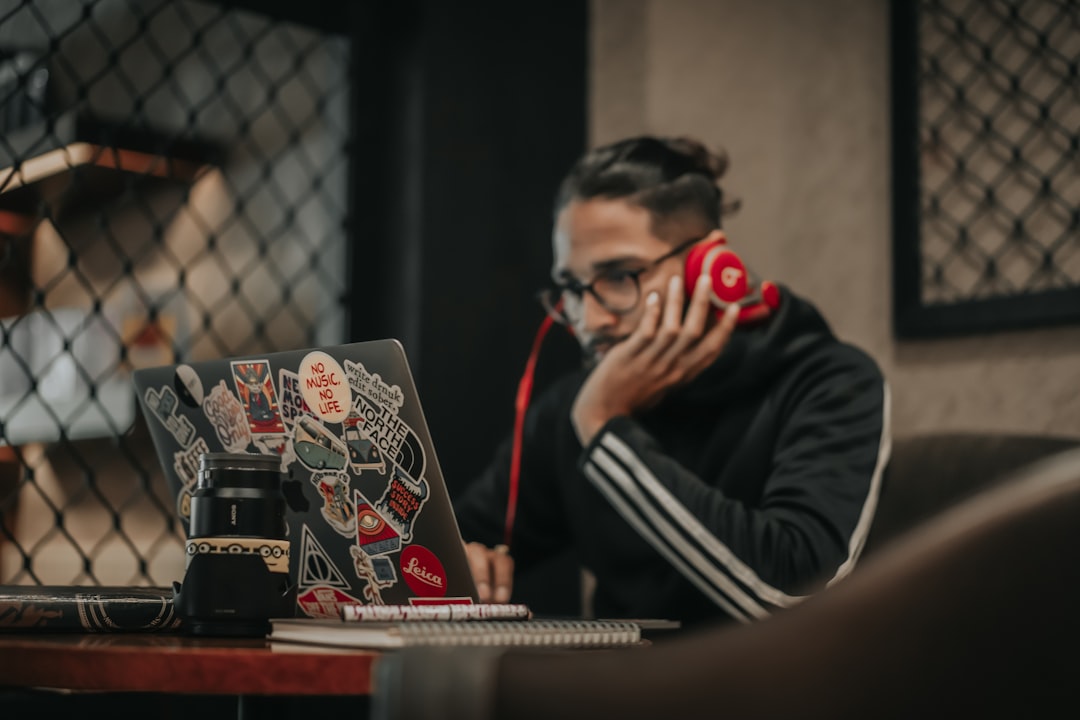Summary: After AI-generated deepfake videos of Bryan Cranston appeared on OpenAI’s Sora 2 app without his consent, OpenAI has taken steps to strengthen protections around likeness and voice use. A joint statement from Cranston, SAG-AFTRA, talent agencies, and OpenAI highlights the company’s commitment to respecting artists’ rights and addressing concerns about unauthorized AI-generated content.
Background: Deepfake Videos and Concerns
Since the release of OpenAI’s Sora 2 video sharing app last month, actors, studios, agents, and the actors union SAG-AFTRA have raised concerns about AI-generated deepfake videos featuring their likenesses without permission. Notably, videos of Bryan Cranston, known for his role in Breaking Bad, appeared on the platform despite him never opting in. One viral video even showed Cranston taking a selfie with Michael Jackson, sparking widespread attention.
OpenAI’s Response and Strengthened Policies
In response, OpenAI issued a joint statement with Cranston, SAG-AFTRA, and major talent agencies including United Talent Agency, the Association of Talent Agents, and the Creative Artists Agency. The statement expressed regret for the unintentional generation of these videos and announced that OpenAI has “strengthened guardrails” around its opt-in policy for likeness and voice use. While specific changes to the app were not detailed, OpenAI reaffirmed its commitment that all artists, performers, and individuals have the right to control how they are simulated. The company also pledged to review complaints about policy breaches promptly.
Industry Support and Calls for Legal Protection
Cranston expressed gratitude for OpenAI’s improved policies and safeguards. However, SAG-AFTRA president Sean Astin emphasized the need for legislation to protect performers from “massive misappropriation by replication technology.” He highlighted the proposed Nurture Originals, Foster Art, and Keep Entertainment Safe (NO FAKES) Act as a potential legal framework to address these challenges.
Looking Ahead: The Future of AI-Generated Content
OpenAI initially launched Sora 2 with an opt-out policy for copyright holders but reversed course following public backlash and controversial videos like Nazi SpongeBob. The company now aims to provide rightsholders with more granular control over character generation, aligning with an opt-in model for likeness use and additional safeguards.
Follow topics and authors from this story to see more like this in your personalized homepage feed and to receive email updates.
